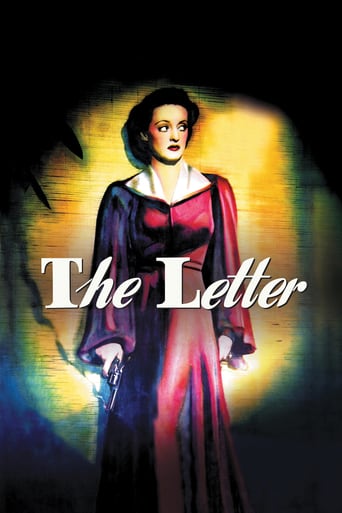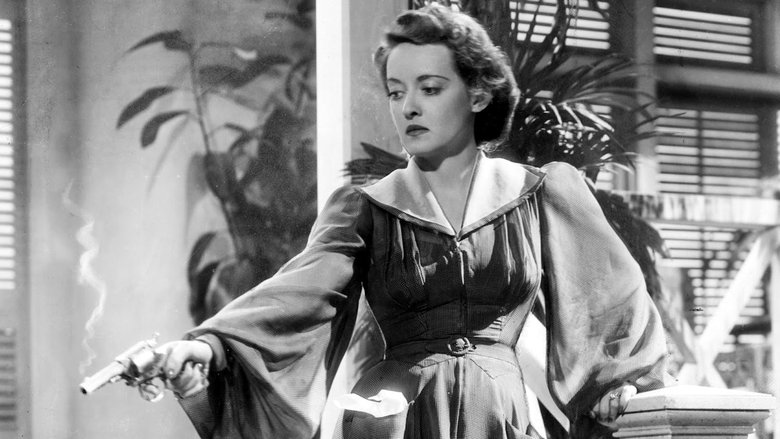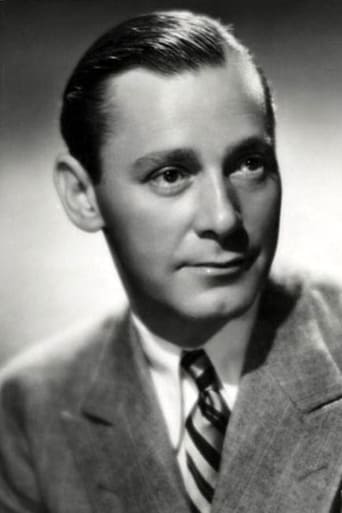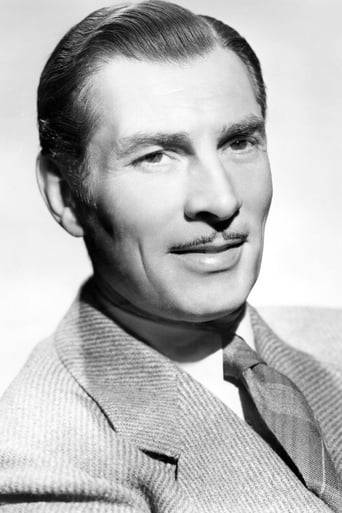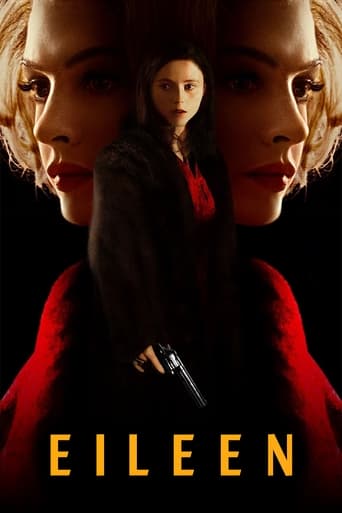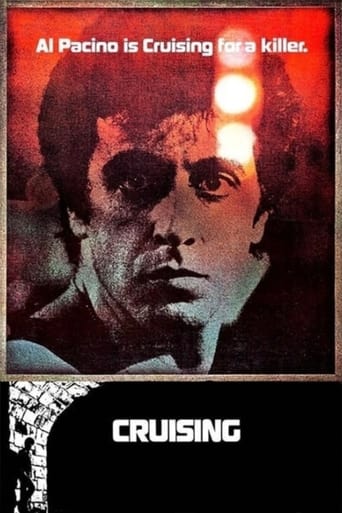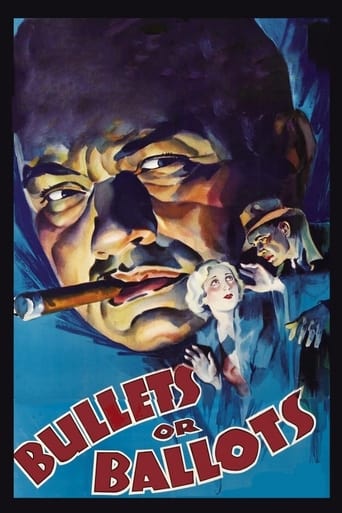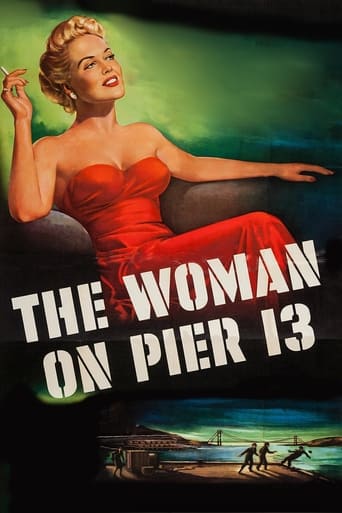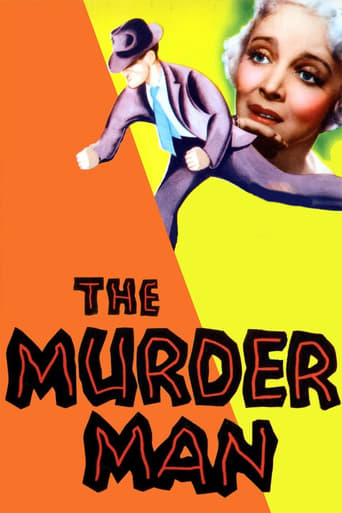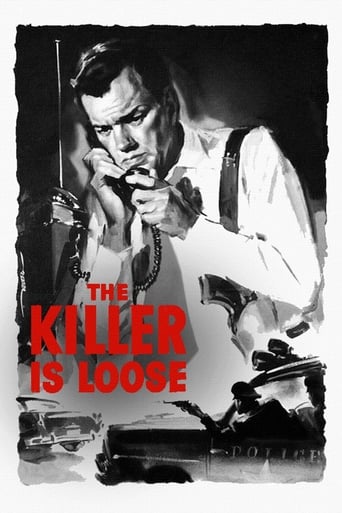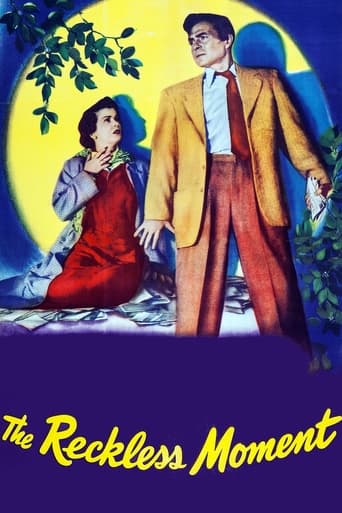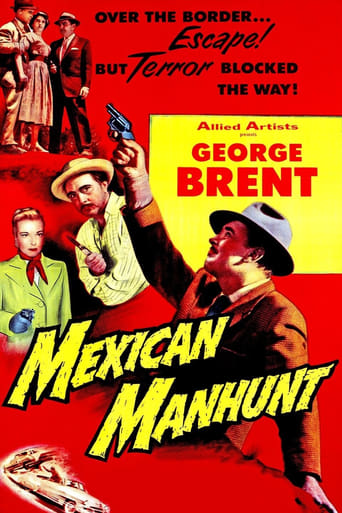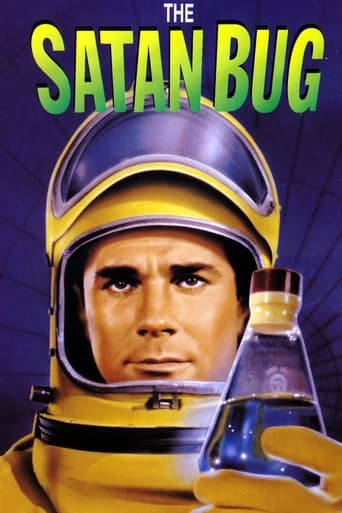The Letter (1940)
After a woman shoots a man to death, a damning letter she wrote raises suspicions.
Watch Trailer
Cast


Similar titles
Reviews
Memorable, crazy movie
By the time the dramatic fireworks start popping off, each one feels earned.
A terrific literary drama and character piece that shows how the process of creating art can be seen differently by those doing it and those looking at it from the outside.
Like the great film, it's made with a great deal of visible affection both in front of and behind the camera.
Boy, do they make em like this anymore?It's interesting that film-noir as a genre or a mood or a "type" of film style and approach to storytelling is credited as beginning one year after The Letter (with the Maltese Falcon) as it seems like William Wyler's adaptation of the Maugham story could be called one of the entry points. Certainly one could think of Bette Davis being a sort of 'femme fatale' here, though probably leaning more to the melodramatic side while still having that deep-down cold and icy side of her. But it's there in the character and, at least in significant chunks, in Wyler's approach to cinematography and mis-en-scene. Hell, the shots through the blinds crafting shadows as (mostly) Davis stands by a window seems like the blueprint for directors to follow (if it wasn't done before, which I'm sure I'm wrong it was).And the opening kicks things off literally with a bang! I don't know of any other way to phrase that (sorry), but it is a moment in movie history that is difficult to forget: after a crane shot that tracks along a sleepy, moon-lit night in Singapore (we're seeing the locals asleep in their mosquito-netted huts) we hear gun-fire, and out from the front door of a home staggers a man who could be dead already but god knows Davis's Leslie Crosby isn't taking any chances. Bang-bang-bang-bang, and every shot shows her fierce and in that Bette Davis way out of control. But without a word she goes back inside, the natives crowding around, and it's only with her back turned to them all that she asks for someone to go fetch her husband to tell what happened (only that Mr. Hammond has been shot, of course).What's also fascinating in The Letter is that Leslie's downfall is all due to becoming too close to the truth, or I should say in telling it and seeing it firsthand. At first, one of the (dark) joys in this performance is that one knows Leslie is acting and that Davis is acting in a double way, as Leslie but also as Leslie's version of herself to the men around her, to her husband and lawyer friend Howard (Stephenson, who plays as well subtle as Davis does big and frightened and totally emotional). And even when this particular letter of the title is unearthed and brought to the attention of the lawyer as a sort of blackmail device (if they so choose of course, nothing stopping them from dooming Leslie and entering it in as evidence to the prosecution), Leslie is *still* lying and putting on an act. I liked that as well.But the most intriguing scene, the one where I felt Wyler's full skill as a director in crafting an eerie but intense mood, is in the middle of the picture when Howard and Leslie go to seek out the late Mrs. Hammond, a woman who seems Asian and talks it but has a face that is not strictly Chinese or other. It's one thing that there has to be a translator, but that's not what makes it eerie. What's gripping is that it's this scene where we see Leslie become much more vulnerable, and part of that is this woman sees her as what she has always been: a picture image of white privilege, on to the arm of her rubber-plantation tycoon husband who is a good-hearted sap for believing his wife is as loving as he is, and that while she can never has what Leslie has, she can most certainly destroy her or to come close to that power to do so at least. The contempt on her face may make some find her to be a villain, but I found her in a strange way oddly sympathetic - she'll always be the mistress with the gold chains around her, and looked on as a "horrible" person (as Leslie previously describes her to Howard). And yet, she is who she says she is.While a few of the Asian types could have been handled a little more delicately and hasn't aged so well, that's not the focus after all. What's so great about The Letter is that Davis and Wyler get us to if not root for Leslie than certainly see her as someone who is heavily, wildly flawed as a human being, a person not being true to her emotions for so long that when she comes to grips with what she's doing (also via her lawyer), she explodes in front of her husband. It's a story of a woman doing a man wrong, but she's also doing herself wrong, too, and that's part of the melodrama/tragedy of it. Where the "Noir" part of it comes with human nature becoming so twisted that it turns into something else - we're seeing into darker recesses of the soul, also cinematically speaking, but it's done fairly realistically (at least as far as these stories go, and the ending, while fitting, is there certainly to appeal to the Code). Davis brings it as an actor going along this carefully constructed arc and finds every right note to play as a woman driven by her passions, though she's not *as* cold and calculating as femme fatales were to come; this is almost like the warm-up act, but what a warm-up! And what an opening!
"With all my heart, I still love the man I killed!" - that is a quote from one of my favorite Noir movies I've seen so far. This movie is one of the earlier Noirs that were slowly getting on top and which culminated nearly 10 years later, yet Bette Davis' Letter remained on top. The film was based on a very successful stage play from 1927, which was based on real events from 1911. During the course of this development it was merely inevitable to divert / manipulate facts and these changes were reflected in the film itself. In 1911, a woman XY (cannot remember name) really killed another man in her home while her husband was out. However, in trial that followed she was fully acquitted and got away from Malaysia unharmed (she died sometime in 70s in US, her ex- husband somewhere in Argentina much earlier). During writing the stage game, its author decided to dramatize the whole story by creating a letter proving her infidelity and that's what an entire film (and the game) are about. Beechnuts from Warner Bros. could not let the villainous woman get away with it though so they have decided to punish her adultery (then still a crime) with death sentence for which they were rightfully criticized.Still, the film became a legend and that's not only because of shrewy Davis. Except for Davis, I really enjoyed acting performances of James Stephenson in the role of a lawyer Howard Joyce (which was pretty much the only proper role he ever made and at the time was practically unknown), his assistant Sen Yung and at last but not least, Gale Sondergaard who was really terrifying. All those scenes with Sondergaard were pretty neat even now. All in all, we've got a great movie (except for bunked ending) and all credit goes to director Wyler.
The famous premise though not edited intact into this otherwise enticing, thought provoking and superb entertainment film is if you are believed to be a murderer yet determinedly deny your complicity in the crime when later tried in the public eye and in the public courts how far can this charade go IF it is truly a charade? The original had a superb premise and a definitive response in the author's mind. This otherwise superb film brilliantly editing black and white photographed light and shadow on a mysterious southeast Asian rubber plant estate gives wonderful opportunities for Bette Davis, Gale Sondergaard, Herbert Marshall and James Stephenson to thrill audiences with their acting chops.Evryerything untiling which should be what the audience individually believes in their hearts weighed against what the director and editor show as the ending which is NOT faithfully followed in this otherwise pure Hollywood Gold melodrama.
Despite its considerable age, this classic melodrama packs a punch that's every bit as strong as when it was first released. Its plot which features murder, adultery and blackmail is thoroughly engrossing right from its impressive opening scene and powerfully portrays the hypocrisy and double standards that were so prevalent within British colonial society in the early years of the 20th century. This movie, which was nominated for seven Academy Awards, boasts a screenplay that was adapted from W Somerset Maugham's 1927 play of the same name and is notable for its quality and the number of quotable lines that it contains.One quiet evening, on a Malayan rubber plantation, a gunshot is heard from inside the owner's bungalow before a wounded man appears on the veranda followed by a woman who keeps shooting at him continuously until her revolver runs out of bullets. Leslie Crosbie (Bette Davis) arranges for her husband to be called, and soon after, Robert (Herbert Marshall) and their mutual friend and lawyer Howard Joyce (James Stephenson) arrive on the scene accompanied by the district police officer who's British.Leslie explains that their long-time acquaintance, Geoff Hammond (David Newell) had arrived at the bungalow unexpectedly and in a drunken state had attempted to rape her. In order to defend herself, she felt she took the only option that was open to her. The three men listen sympathetically and seem convinced by her story but in the circumstances, she still has to be arrested and kept in a Singapore jail until the trial, even if the outcome is expected to be a foregone conclusion. Only Howard Joyce has any doubts about Leslie's account of what happened. His suspicions arise from the fact that she kept shooting at the victim after he was clearly incapacitated and also because her story was so detailed and remained word-perfect every time it was repeated.Howard is convinced that his client will be acquitted until his assistant Ong Chi Seng (Victor Sen Yung) gives him a copy of a letter that Mrs Crosbie wrote to Hammond on the day of the shooting. When he shows the document to Leslie, she admits that it's authentic and makes it clear that she and Hammond had been involved in a long-term affair which he'd wanted to end after marrying the Eurasian woman (Gale Sondergaard) who is now in possession of the original letter and has demanded $10,000 for its return.Howard is very uncomfortable about being involved in an arrangement to recover the letter because doing so would be both morally wrong and illegal but he's persuaded to do so by the manipulative Leslie. The repercussions that then follow after the trial, go well beyond the expectations of everyone involved.The opening sequence of this movie which precedes the dramatic shooting incident is a wonderful example of William Wyler's virtuosity. The movement of the camera beautifully reflects the calm mood of the rubber plantation on a moonlit evening whilst it also very effectively sets the scene for the action that follows.Bette Davis is magnificent in her role as she displays the veneer of refinement, sophistication and superiority that masks the powerful passions that rage within her and Herbert Marshall and James Stephenson are both exceptional. The colonists' innate belief in their own superiority is exemplified when Howard says "Juries can sometimes be very stupid and it's just as well not to worry them with more evidence than they can conveniently deal with" and in a remark that relates to the difference between Leslie's outward appearance and her real nature, he says of Robert, "Strange that a man can live with a woman for ten years and not know the first thing about her".

